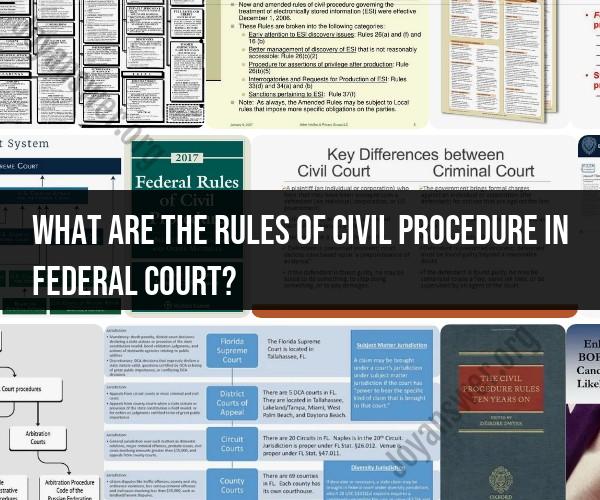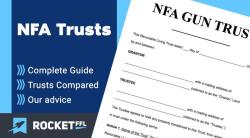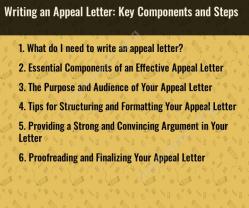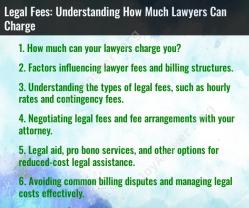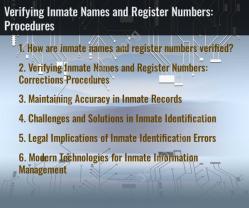What are the rules of civil procedure in federal court?
The rules of civil procedure in federal court refer to the Federal Rules of Civil Procedure (FRCP), a set of rules and guidelines that govern the conduct of civil litigation in United States federal courts. These rules are designed to ensure that civil cases are handled consistently and fairly across federal courts. The Federal Rules of Civil Procedure include the following key components:
Scope and Purpose (Rule 1): This rule outlines the scope and purpose of the Federal Rules of Civil Procedure, emphasizing the just, speedy, and inexpensive resolution of civil cases.
Commencement of Action (Rules 3-4): These rules address how a civil action is initiated, including the filing of a complaint and the service of process to notify the defendant of the lawsuit.
Pleadings (Rules 7-12): These rules cover the contents and format of pleadings, which include the complaint, answer, counterclaims, cross-claims, and third-party complaints. The rules also address defenses, affirmative defenses, and motion practice.
Parties (Rules 14-24): These rules define who may be parties in a civil action, including the standards for intervention, impleader, and class actions.
Discovery (Rules 26-37): Discovery rules outline the process for obtaining and exchanging information relevant to the lawsuit, including depositions, interrogatories, requests for documents, and requests for admission.
Trials (Rules 38-53): These rules address trial procedures, including the presentation of evidence, jury selection, and post-trial motions.
Judgment (Rules 54-63): These rules outline the requirements for entering judgment in a civil case, including the procedures for obtaining and enforcing judgments.
Special Proceedings (Rules 64-71): These rules govern special proceedings in civil cases, such as actions for interpleader, garnishment, and condemnation.
Provisional and Final Remedies (Rules 65-67): These rules address provisional remedies, injunctions, receiverships, and other equitable relief.
District Courts and Clerks (Rules 77-83): These rules govern the administrative functions and responsibilities of district courts and clerks.
General Provisions (Rules 86-88): These rules contain general provisions related to civil procedure.
Appendices: The FRCP includes several appendices, such as forms for pleadings and motions.
It's important to note that the Federal Rules of Civil Procedure are continuously reviewed and may be subject to amendments and updates. When involved in federal court litigation, it's crucial for attorneys and parties to be familiar with the most current rules and any local rules of the specific federal district in which the case is filed.
In addition to the FRCP, there are other rules and regulations governing federal court procedures, such as the Federal Rules of Appellate Procedure (FRAP) for appellate proceedings and the local rules of individual federal districts, which may add specific requirements and procedures.
An Overview of Civil Procedure Rules in Federal Court
The Federal Rules of Civil Procedure (FRCP) govern the procedures followed in civil cases in federal court. The FRCP are designed to promote the just, speedy, and inexpensive determination of every action and proceeding.
Key Components of the Federal Rules of Civil Procedure
The FRCP cover a wide range of topics, including:
- Commencement of the action: How to file a lawsuit in federal court
- Jurisdiction and venue: Which federal court has the authority to hear a case
- Pleadings: The documents that set forth the parties' claims and defenses
- Discovery: The process by which the parties exchange information about their cases
- Motions: Requests to the court to take certain actions, such as dismissing the case or entering summary judgment
- Trial and judgment: The process of determining the merits of the case and entering a judgment
The Importance of Adhering to Procedural Rules
It is important to adhere to the FRCP because they ensure that all parties have a fair opportunity to present their cases and that the court can resolve disputes efficiently and justly.
Parties who fail to comply with the FRCP may face sanctions from the court, such as having their case dismissed or being ordered to pay the other party's attorney's fees.
Common Procedures in Federal Court Litigation
Some common procedures in federal court litigation include:
- Filing a complaint: The plaintiff files a complaint with the court that sets forth their claims against the defendant.
- Serving the summons and complaint: The plaintiff serves the summons and complaint on the defendant. The summons is a legal notice that informs the defendant that they have been sued and that they must respond to the complaint within a certain period of time.
- Filing an answer: The defendant files an answer to the complaint that sets forth their defenses.
- Discovery: The parties engage in discovery to exchange information about their cases. Discovery may include taking depositions, sending interrogatories, and requesting documents.
- Filing motions: The parties may file motions with the court requesting certain actions, such as dismissing the case or entering summary judgment.
- Trial: If the case is not resolved before trial, the parties will present their evidence to a judge or jury.
- Judgment: After the trial, the judge or jury will enter a judgment in favor of one party or the other.
Resources for Understanding Federal Civil Procedure
There are a number of resources available for those who want to learn more about federal civil procedure. These resources include:
- The Federal Rules of Civil Procedure: The FRCP are available on the website of the United States Courts.
- West's Federal Forms: West's Federal Forms is a collection of forms that can be used in federal court cases.
- Wright & Miller's Federal Practice and Procedure: Wright & Miller's Federal Practice and Procedure is a multi-volume treatise that provides comprehensive coverage of federal civil procedure.
- Court websites: Many court websites have resources on federal civil procedure, such as practice guides and local rules.
If you have any questions about federal civil procedure, you should consult with an attorney.
